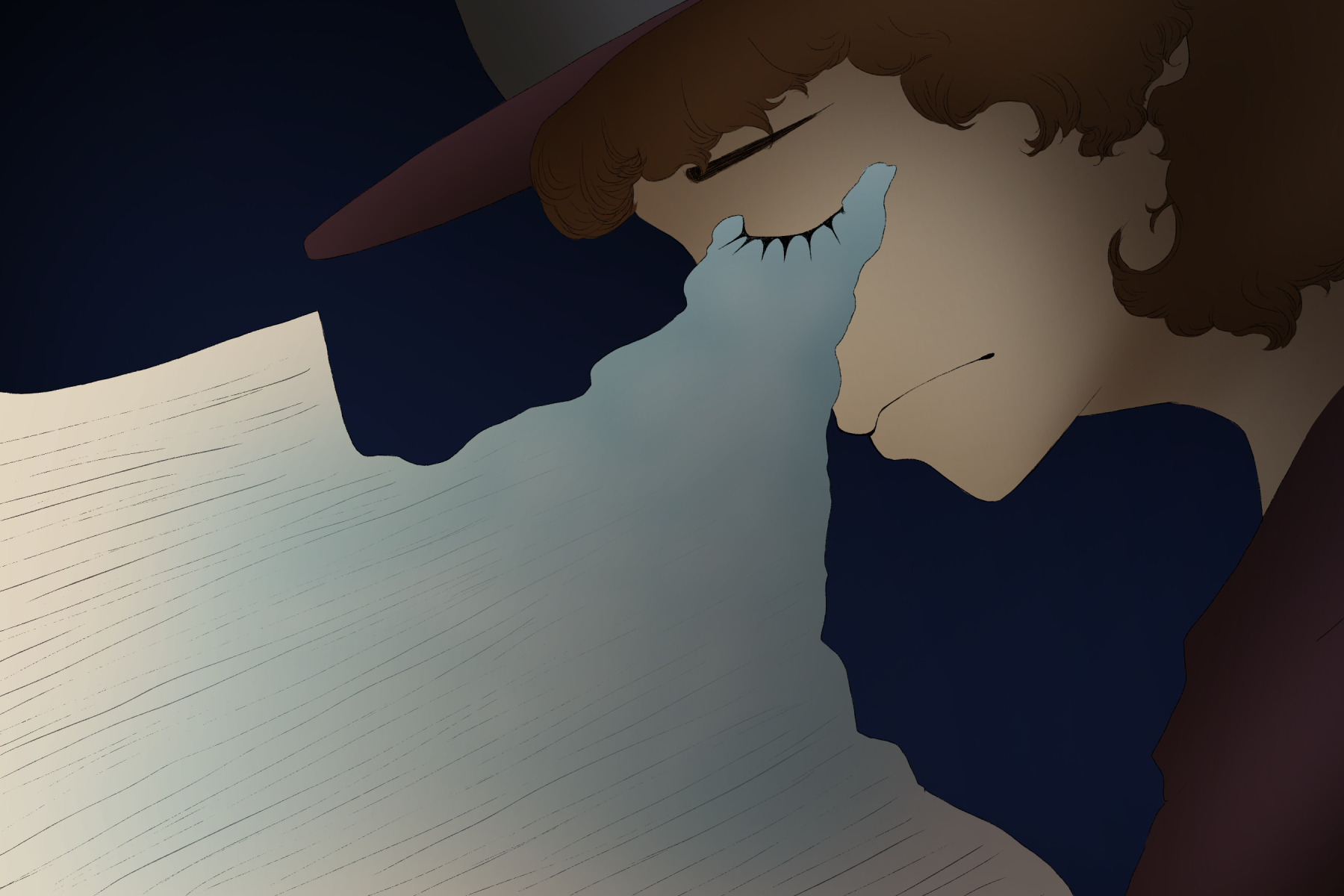When I was applying for college in 2021, personal statements confused me. The process of writing the perfect personal statement seemed to be riddled with rules: Don’t write about anything generic, show your accomplishments and how you overcame hardship, but not in a flashy or blatantly egotistical way. At 18, I didn’t know how I could possibly showcase my identity while still humble bragging to universities for their acceptance. Scrolling through many examples of personal statements, I reached Harvard’s Successful Essays of 2018. I was surprised to read deeply personal, tragic and heartfelt stories of adversity and resilience. By comparison, I had nothing substantial or emotional to offer.
Personal statements are an integral part of the college admissions process, allowing prospective students to exhibit their identity beyond extracurriculars and GPA. Personal statements also allow students to divulge deeply personal and traumatic events, painting them as transformative experiences that shaped their character. While students should be allowed to write about adversity, why should they be pressured to reveal and commodify their trauma to universities for admission?
The Viral Trauma Essay
In 2021, an admitted Harvard student’s personal statement went viral on TikTok. Accumulating over 25.1 million views, the essay focused on hating the letter ‘s’ because it reminded Mack of losing her mother to cancer. Despite her loss, she writes that she “stopped running away from a single ‘S,’ and began chasing a double ‘S’—paSSion … I was shackled to ‘S’ as I tried to escape the confines of the traditional familial structure.” Her essay ticks all of the boxes of the perfect personal statement: it creatively answers the prompt, displays her exceptional writing skills and signifies her identity and resilience in the face of tragedy.
Many users were in awe of her essay, commenting, “Well at least now [I know] how high the bar is” and “Never gotten chills from an essay until now.” Yet some also made light of her personal statement, joking that “I don’t have a sad story so I guess my college essay will be bland” and suggesting “Divorce so my child has ideas to write [about] for his college essay.” Undoubtedly, however, Mack wholeheartedly deserves her acceptance and was not simply accepted into Harvard because of her personal statement. In response to a comment, she explains that her hard work and abundance of extracurriculars also made her a great candidate for the university. Although Mack’s personal statement is exceptional, it also prompts the question of why students are expected to write exceptional essays that neatly package up their pain and circumstances.
Understanding and Commodifying Trauma — At 18 Years Old
Firstly, it is unrealistic to expect 17 to 18-year-olds to fully process and overcome deeply traumatic events in their lives. Trauma often requires extensive time, professional guidance and support systems to heal properly. Healing is a continuous, ongoing process; trauma cannot be fully overcome over the course adolescence. Attempting to condense such difficult experiences into one thousand words can trivialize the emotional and psychological impact of these events.
Moreover, the idea that all traumatic events can be converted into positive learning experiences is simply a byproduct of toxic positivity. Tina Yong, a student at the University of British Columbia, jokes about what trauma-dumping personal statements sound like in her TedTalk: “But don’t feel bad, through the magical, healing powers of extracurricular activities and pure perseverance, I stand before you today a new woman: healthy, healed, and extremely employable.” Personal statements encourage an element of superficiality: one has to overcome adversity and reach a happy, satisfactory conclusion. Although writing about adversity can aid in the healing process, it can also lead students to relive their trauma and be pressured to repress any negative emotions in their personal statements.
Thus, the essay creates a tricky balance between toxic positivity and authenticity. “Your story has to be sad enough to gain sympathy but not so sad that it makes you seem beyond help. Just critical enough to inspire change, but not so much that it actually criticizes systemic structures. Just honest enough to seem real, but not so unfiltered that it creates discomfort,” says Yong.
However … Trauma Dumping Works
Students would not be trauma dumping if it were not a viable option for college acceptance. Although it does not guarantee admittance, writing a strong college essay to bolster one’s chances certainly doesn’t hurt. After all, a memorable narrative can elicit sympathy from college admissions officers and showcase your writing skills in one fell swoop. However, this normalization of exploiting personal adversity undermines the true purpose of the personal statement: to holistically determine a student’s identity outside of academics.
Will Perceptions Regarding Trauma Dumping Change?
Personal statements provide an opportunity for students to showcase their personalities and experiences; the rise of trauma dumping threatens to distort their true purpose. Furthermore, it brings into question the entire ethics system of college admissions. Educational institutions must consider whether they are inadvertently perpetuating a culture that sees personal suffering as character growth. It is crucial to reconsider the criteria for evaluating applicants. This could perhaps start with reconstructing the prompts on overcoming past adversity so they focus on an applicant’s character and accomplishments. Moreover, college admissions should also be more transparent in their process, ensuring that they are not favoring essays on personal hardship. As Yong enforces in her TedTalk, “You are more than the bad things that happened to you … I wish for everyone to one day have [the ownership] over their stories, and now it’s up to universities to decide whether they get to tell it.”

















